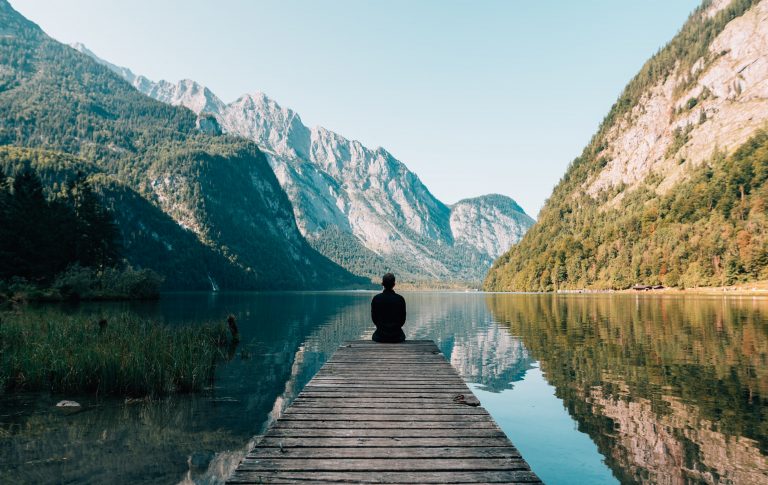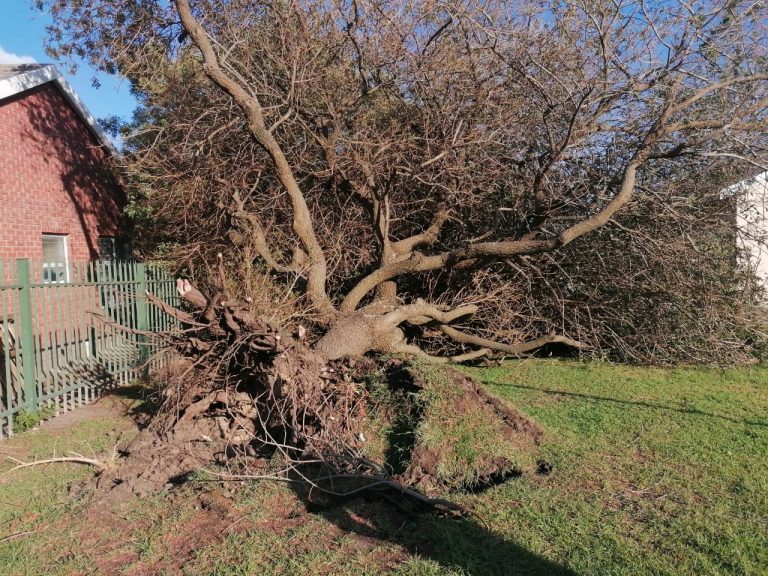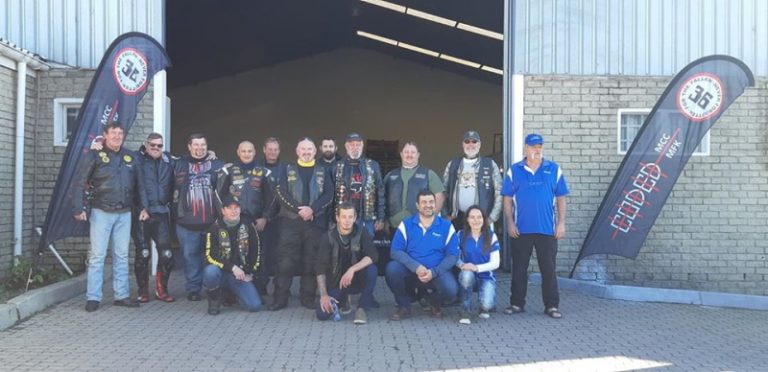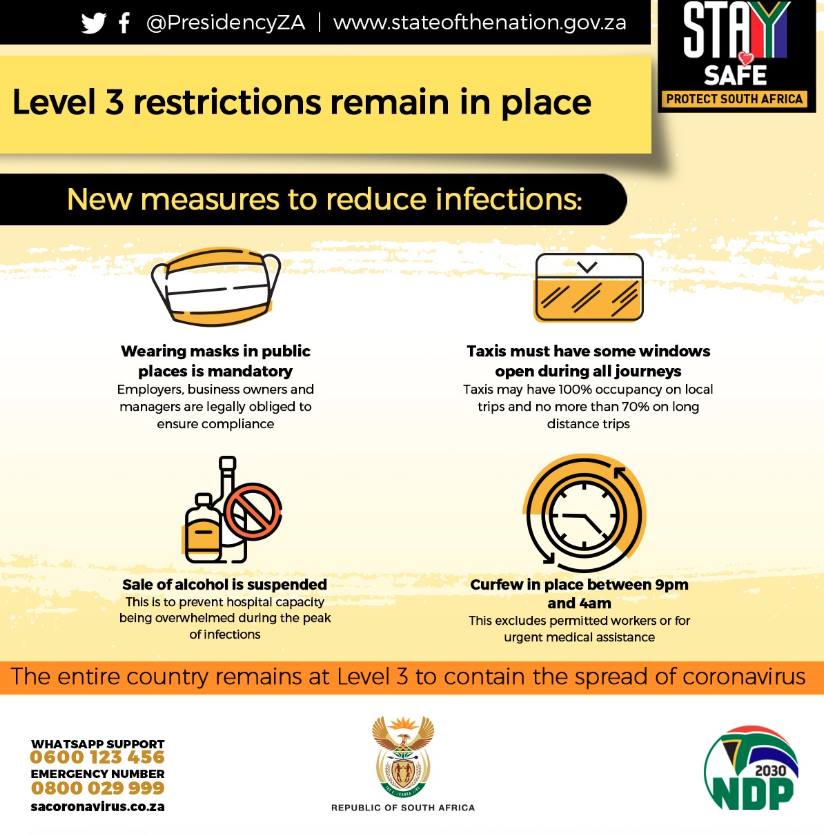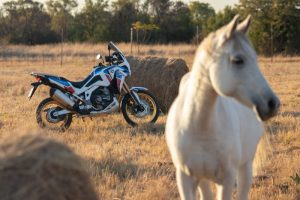
The Perfect Time To Stay In Touch.

Renault stel sy jongste Mégane RS bekend
Die 300 Trophy is vir die eerste keer by die 2018-motorskou in die Franse hoofstad Parys bekendgestel; die eerste RS Trophy wat gebaseer was op die Mégane II RS, het in 2005 op die mark gekom, slegs nege maande na die bekendstelling van die eerste Mégane RS. Die RS Trophy is ontwikkel uit jare se kennis en ondervinding met Formule 1, en is meer geskik vir die renbaan as die gewone RS. Die 300-naam is afgelei van die motor se kraglewering in perdekrag. Daar sal van hierdie model egter net beperkte getalle wêreldwyd beskikbaar wees; dit sal verseker dat die RS Trophy ‘n gesogte versamelaars item word.

Motorgees-drifgites kan uitsien na ‘n meer sportiewe ontwerp as voorheen, met uitstaande stilerings-kenmerke soos grafiese kunswerk op die voorste modderskerms saam met ‘n Trophy-kenteken op die bakwerk, 19-duim allooiwiele in drie kleure met Bridgestone Potenza S 001-bande, ‘n agterste lugverdeler en ‘n uitlaatpyp wat in die middel agter gemonteer is.

Aan die binnekant word dié sportiewe tema voortgesit, met ‘n stuurwiel wat met Alcantara afgewerk is, ‘n aluminium-rathefboomknop, Recaro-skottel-sitplekke wat ook in Alcantara afgewerk is en maksimum gemak onder alle bestuurstoestande verseker en oor kontrasterende rooi stikwerk beskik. Daar is ‘n raakskerm van 8,7 duim met satelliet-navigasie wat oor Suid-Afrikaanse kaarte beskik, asook Bluetooth-verbinding met USB- en AUX-kragpunte. Die dubbelsone-klimaatbeheer, spoedbeheer met ‘n snelheids-beperker, Renault se unieke sleutelkaart, met sleutellose toegang en ‘n aansit knoppie, asook outomatiese kopligte en ruitveërs maak die binnekant ‘n gerieflike plek al is die RS Trophy ‘n verrigtingsmotor.

Nog ‘n kenmerk wat deur motorgeesdriftiges verwelkom sal word, is ‘n aanboord-stelsel wat die bestuurder op hoogte van die motor se werkverrigting hou; selfs die motor se rondtetye om ‘n renbaan kan aangeteken word. Verder word die RS se vierwiel-sturstelsel wat die motor se draaisirkel verklein en vinniger stuurreaksie verseker, vir die Trophy gebruik. Dit sorg ook vir beter rondtetye om ‘n renbaan en maak die motor heelwat veiliger. Die Cup-onderstel is standaard toerusting vir die Trophy, en spog met ‘n stywer veerstelsel asook ‘n Torsen-meganiese vastrapewenaar wat die motor se klouvermoë, veral om draaie, verbeter. Die voorste remme is van die beste wat beskikbaar is, en spog met Brembo-remknypers, wat vir optimale remvermoë sorg.

Die RS Trophy is beskikbaar met ‘n keuse tussen ‘n handratkas of ‘n EDC-dubbelkoppelaarratkas, elk met ses gange. Albei modelle word toegerus met ‘n turbnoaangejaagde 1,8 liter viersilinderenjin met regstreekse inspuiting; dié enjin lewer 221kW teen 6 000 opm en wringkrag van 400 of 420 Nm teen tussen 2 400 en 4 500 opm vir die handrat en EDC-onderskeidelik. Albei modelle versnel binne 5,7 sekondes van 0 tot 100 km/h en die topsnelhede van die handear en EDC is onderskeidelik 260 en 255 km/h. Die EDC-modelle beskik oor ratspane agter die stuurwiel waarmee ratte vinnig gewissel kan word.
Die pryse van die twee RS Trohpy-modelle, wat ‘n waarborg van vyf jaar of 150 000 km, asook ‘n diensplan van vyf jaar of 90 000 km en ‘n waarborg teen korrosie van ses jaar insluit, lyk só:
Renault Mégane RS 300 Trophy-handrat: R 774 900
Renault Mégane RS 300 Trophy EDC: R 799 900
Artikel: Gerrie Smit (Ultimate Drive)


George Municipality update on storm related incidences
George Municipality officials had their hands full especially on Monday after windy and ice-cold conditions hit the coast on Sunday night (12 July 2020). The George Emergency Call Centre was inundated with hundreds of calls from Sunday evening until Tuesday at 8 am. Our electrotechnical teams attended to 110 high voltage complaints in Wilderness, Hoekwil, Thembalethu and the George greater area where power outages were experienced. A total of 65 low voltage complaints where streets and houses were affected were attended to on Monday with repair work continuing until late into the evening. The teams also dealt with a few power dips on Tuesday due to the bad weather.
The George Fire Brigade assisted the Human Settlements Directorate on Monday night in handing out 60 sandbags to eight households in Blanco. These homes had lost their roofs during the windy conditions. A total so far of 23 families have been assisted in George, Haarlem and Touwsranten with roofs that were damaged by strong winds and bad weather. The directorate provided gunplast to 60 formal and informal houses and supplied roof sheets for 1 house.
George Fire Brigade together with our Parks section dealt with at least 27 trees on Monday which had either fallen over or branches that had broken off and had to be removed, following the high winds At least three trees fell onto parked cars and fortunately, no injuries were reported. In several cases, the fallen trees or branches had blocked roads or sidewalks and these needed priority clearing. Emergency Services also attended to a portion of the Rosemoor Stadium wall in Miller Street that blew over on Monday. Repairs will be done as soon as is possible.
Municipal Manager, Trevor Botha thanked officials for their hard work in extreme weather conditions. “The wind, cold and rain coupled with load shedding, have made things very difficult for all of our officials working to restore power and clearing roads and sidewalks. Our civils department also faced challenges with a large water main pipe burst on the N2 during the same timeframe. We thank everyone for their hard work in restoring power and water to our communities and also thank the public for their patience and understanding.”
Captions (with descriptions below): A tree fell onto a parked vehicle in Stephen Street.
A tree fell onto a parked vehicle in Stephen Street.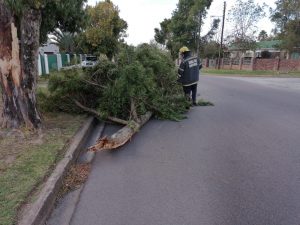 Emergency personnel attend to a big tree branch that fell into St. Paul’s Street.
Emergency personnel attend to a big tree branch that fell into St. Paul’s Street.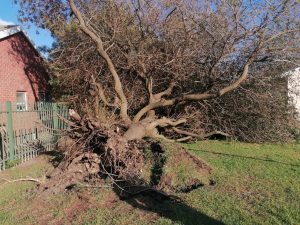 A fallen tree at Bergville Retirement Village.
A fallen tree at Bergville Retirement Village.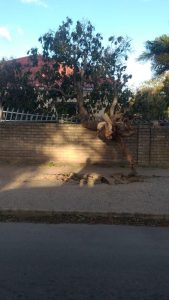 A tree fell into the property in Mitchell Street.
A tree fell into the property in Mitchell Street.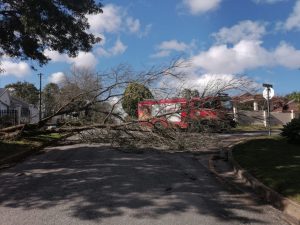 A fallen tree blocks Erica Road, Heatherlands on Monday.
A fallen tree blocks Erica Road, Heatherlands on Monday.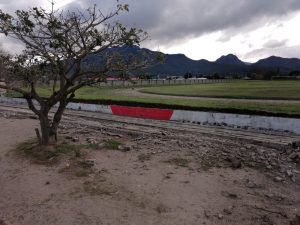 Part of the Rosemoor Stadium wall in Miller Street blew over on Monday. The George Municipality will fix the wall during this week.
Part of the Rosemoor Stadium wall in Miller Street blew over on Monday. The George Municipality will fix the wall during this week. Suid Kaapse Motorfiets Klubs doen hul deel vir welwillendheid
Hoewel grendeltyd beweging van mense en voertuie gekortwiek het, het dit geensins die geesdrif en entoesiasme gedemp waarmee motorfiets klubs inspring waar daar tekort is nie. Sedert die verslapping van die bepreking op beweging het verskeie klubs welsyn projekte van stapel gestuur en elke keer het klubs en motorfiets entoesiaste in hul hordes, vanaf Mosselbaai, Plett, Knysna, Oudtshoorn en George opgedaag om te onderesteun.
Daar was hulp aan die bejaardes by Huis JJ Watson, met skenkings van benodighede wat in ‘n verby-ry geleentheid afgelaai is. Skenkings van etlike duisend rand is aangery na Oudshoorn in die vorm van kos en ander benodighede vir dierebeskerming. By ‘n ander geleentheid het motorfiets ryers via twee roetes, een teer langs van George na Mosselbaai en toe na Oudtshoorn via die Robinson Pas, en ‘n ander grondpad roete oor Montagu Pas en via Dysselsdorp na Oudtshoorn hul bene gerek. Die massarit was in ondersteuning van Bennedette Landman, Oudtshoorn se eie Mev Heelal Finalis, teen geweld teen vroue en kinders en het selfs TV nuus gehaal. Hierdie rit was gereel en ondersteun deur Garden Route Motorcycles, kompleet met ‘n gelukkige trekking van koopbewyse ter waarde van R10 000.

Meer onlangs in bibber reënweer het die motorfietsryers, asook verskeie motor klubs, opgeruk na Mosselbaai om klein Aldrich, ‘n sterk en brawe jong kankerleier se verjaarsdag spesiaal te maak. Op Sondag 12 Julie was Water Warriors aan die beurt. Hierdie instansie help die boere en hul werkers in droogte geteisterde gebiede. Donasies is in George by die groot Pick&Pay ingesamel en daarna begelei deur ‘n groot kawelkade motorfietse na hul store in die industriele gebied.
Onder die wilde beeld wat die publiek van motorfietsryers het skuil daar ‘n klomp saggeaarde mense met harte van goud, wat graag uitreik om te help waar hulle kan. Saluut aan die Suid Kaap se Motorfiets klubs en ryers!


Selective Perception and Reading
- Over eager to start an exam because you are overflowing with the information you studied. Full of confidence you ignore the examiners instruction to read all the questions first. We all know how that played out.
- You first attempt at baking a cake. Easy, just read the instructions. Cake in the oven baking at full steam. Only to realize that you did not butter your cake pan before pouring in the cake batter.
- Working on a mechanical piece. The instructions’ first warning was to number every part, including the nuts and bolts. Only to be left with a mysterious handful of nuts and bolts after you finished your project.
Karoo farmers take to the sky in efforts to curb invasive alien plants and increase water supply
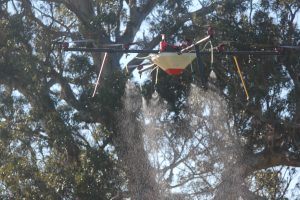 Photo2: Drone in actionFarmers in the Klein Karoo are makinguse of drone technology in efforts to curb the spread of invasive alien plants.(Photo Credits: Cobus Meiring, SCLI)** The Southern Cape Landowners Initiative (SCLI) is a public platformand think tank for landowners and land managers with an interest in invasivealien plant management, water stewardship and land management. SCLI issupported by the Table Mountain Fund (TMF), a subsidiary of WWF SA.WEBSITE: http://www.scli.org.zaMEDIA ENQUIRIES1. Morné Jonker, landowner and commercial farmer, Klein KarooCell: 062 429 5614Email: mornejonker@rocketmail.com2. Cobus Meiring: Chair of the Southern Cape Landowners Initiative(SCLI)Cell: 083 626 7619Email: cobus@naturalbridge.co.za
Photo2: Drone in actionFarmers in the Klein Karoo are makinguse of drone technology in efforts to curb the spread of invasive alien plants.(Photo Credits: Cobus Meiring, SCLI)** The Southern Cape Landowners Initiative (SCLI) is a public platformand think tank for landowners and land managers with an interest in invasivealien plant management, water stewardship and land management. SCLI issupported by the Table Mountain Fund (TMF), a subsidiary of WWF SA.WEBSITE: http://www.scli.org.zaMEDIA ENQUIRIES1. Morné Jonker, landowner and commercial farmer, Klein KarooCell: 062 429 5614Email: mornejonker@rocketmail.com2. Cobus Meiring: Chair of the Southern Cape Landowners Initiative(SCLI)Cell: 083 626 7619Email: cobus@naturalbridge.co.zaCovid-19 News 13 July 2020
- Thembalethu has become a hotspot in the Western Cape as reported on SBAC News last night
- Alcohol banned – Alcohol sales, making, and distribution have been banned with immediate effect.
- Curfew – A curfew will be enforced from 21:00 until 04:00 every day
- Wearing of masks – Business owners, managers, etc., are now legally obliged to ensure that visitors and employees must be wearing a mask.
- Designated officials – All businesses must have a designated official responsible for ensuring adherence to lockdown regulations.
- 70% capacity limit on minibus taxis – This 70% capacity rule will be enforced for long trips. Taxis travelling on short local trips will be permitted to travel at 100% capacity.
- The changes will come into effect from Monday 13 July.Ramaphosa said that a number of regulations important to economic activity would be eased.
- These include the permittance of all auctions and the opening of parks for exercise, but not public gatherings. Family visits remain strictly prohibited, Ramaphosa said.
- To facilitate the continued enforcement of these regulations, the national state of disaster will be extended to 15 August 2020.

President to address the Nation
The Business journey
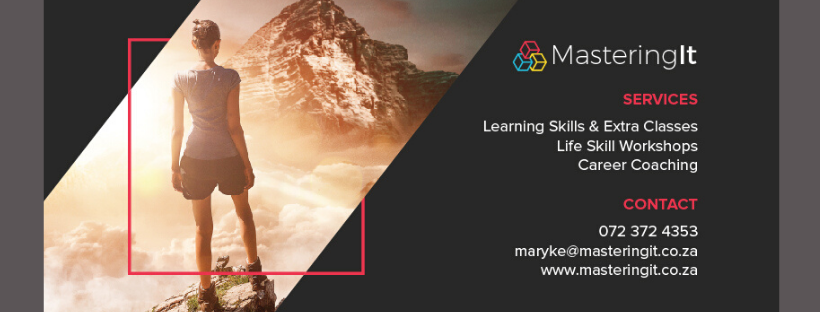
Honda CRF 1100 L Africa Twin
It is hard to imagine going on an adventure at this time. Partly because it is freezing cold, partly because of the pesky lockdown rules. However, that did not stop Honda from delivering their ultimate adventure bike to me: the Africa Twin Adventure Sports. With limited possibilities available, I still decided to work out a short route to kick up some dust.

The all-new Honda Africa Twin is hardly distinguishable from its predecessor and only a keen eye will be able to tell them apart if I parked the two bikes next to each other. It seems that Honda did not want to meddle too much with a winning recipe. The capable Africa Twin has sold around 87 000 units worldwide already so they must be doing something right.
I rode both the standard and Adventure Sports derivatives of the bike at the launch in December 2019 and I must say I came away very impressed. The off-road section was extremely technical and the road section was very fast. My task now was to determine how the Africa Twin would perform as an everyday bike.

The engine is now a 1100cc unit and produces 7% more power and 6% more torque. The entire sub-frame is made of aluminium and to aide shorter riders, the seat is narrower where it meets the tank. The electronics have also been updated and there are more sensors to measure every angle of the bike and assist the rider. The biggest single improvement though is in the new TFT dash. It is a large 6.5” TFT touchscreen that controls most of the settings on the bike. To operate in on the go, your opposing thumbs need the dexterity of a teenager. There are 16 buttons, just on the left handlebar! Even the heated grips are hidden somewhere in the menus, so for once, I advise you to actually read the instruction manual.
What is does do exceptionally well is the riding experience. Honda knows just how to package a motorcycle, especially one made to traverse the roughest of terrain. Whether you are carving through a mountain pass or roughing it in the dirt, the Africa Twin delivers! The Adventure Sports gets cruise control as standard and in DCT guise it makes an effortless tour bike. When I left the tarmac, the Africa Twin just felt at home. I took the long way home, but longed for a long open stretch of road somewhere in the Karoo. The Africa Twin passed my everyday test with flying colours and I would not hesitate to recommend it to anyone who is looking for an adventure!

Article & photos: Brian Cheyne (Ultimate Drive)


